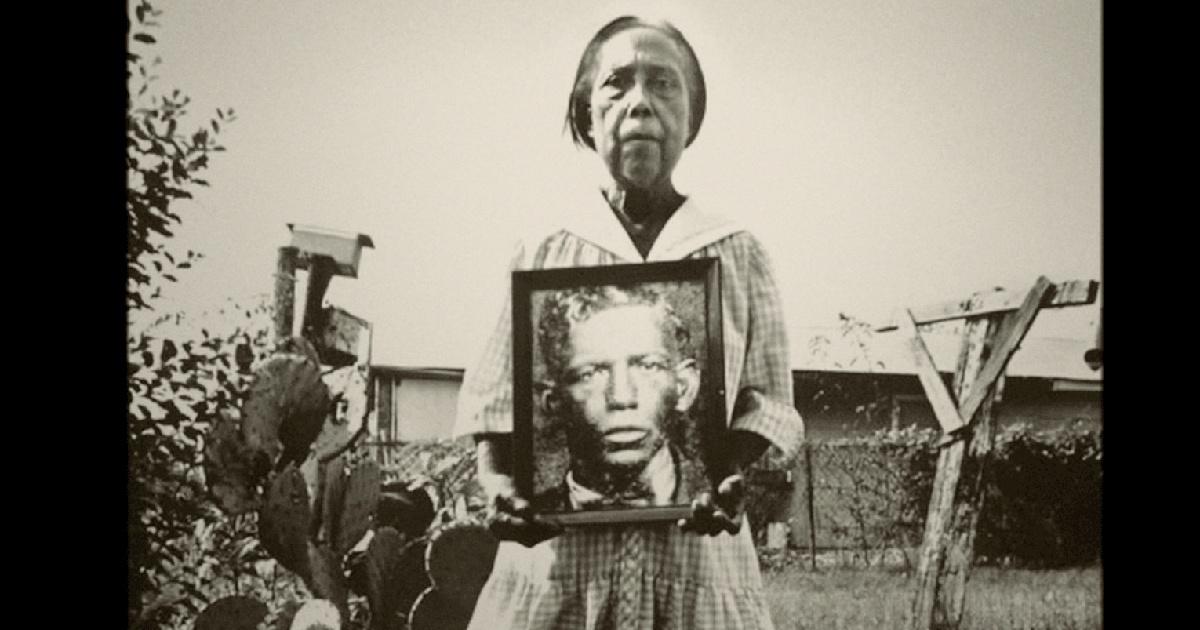What did you make of it? How did the culture feel distinct or continuous with the west? Did you miss or appreciate things?
The main thing that occurred to me was how isolated and barren the rez was and how did the govt that moved them there expect them to survive without help.
And actually, the first time I went there, they were doing some kind of annual (?) sacred (?) reenactment ritual(s) (?) of the forced relocation by doing some physical events and other things (it wasn't fully explained to me).
But, basically everything that is within the wider American culture is also around there through the way people usually dress, the music, tv shows, movies, etc. but you really had to travel like at least 45 minutes by car if you wanted to get anything besides what could be found at the small convenience store/gas station.
A lot of the people actually just live near the rez in that town like my ex does because it's a lot more convenient.
People should really watch the show Rez Dogs - it's very similar in some ways to how it is there and the people and the culture and mannerisms, etc.
OOHHHHHH - One thing that I learned is that Mormons (I'm guessing you've heard of this particular kind of Christianity) consider Native Americans to be like the lost tribe of Israel or some such thing, and that they were cursed by god for losing their way and that is why their skin is darker - and it wasn't until too long ago that some Native Americans got "adopted" out to Mormons and so some of her family also has Mormon connections - it's weird.

